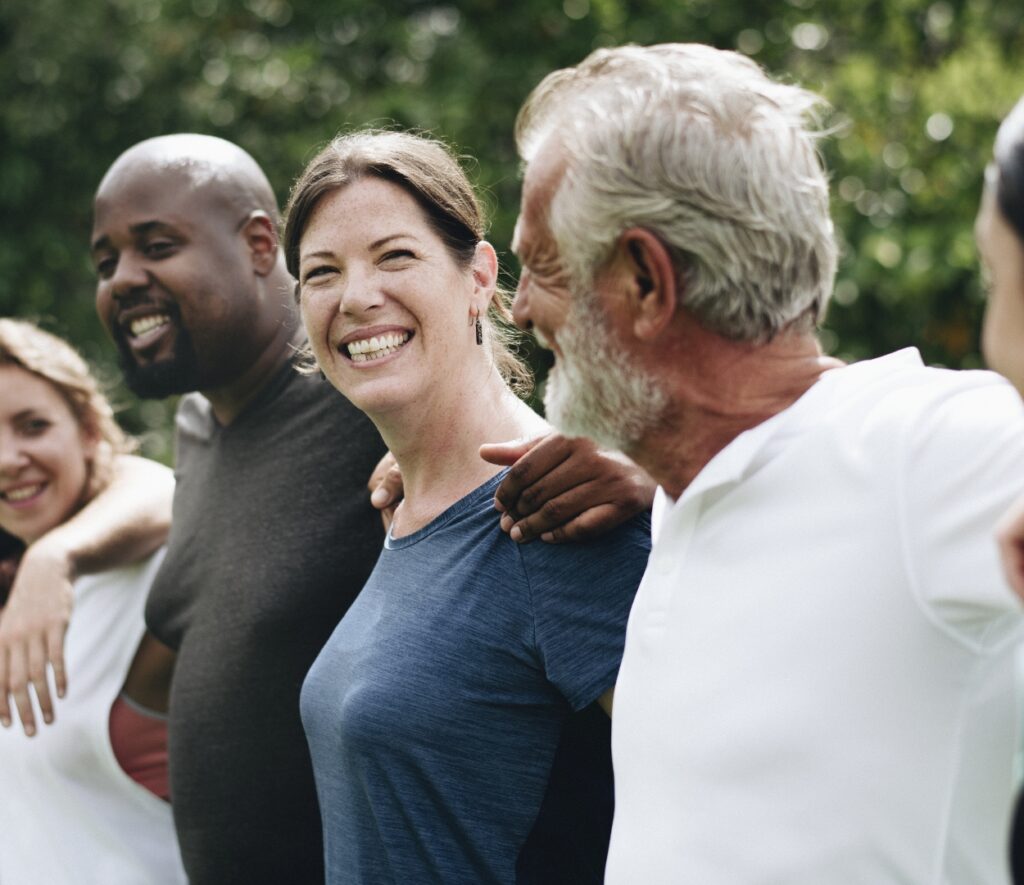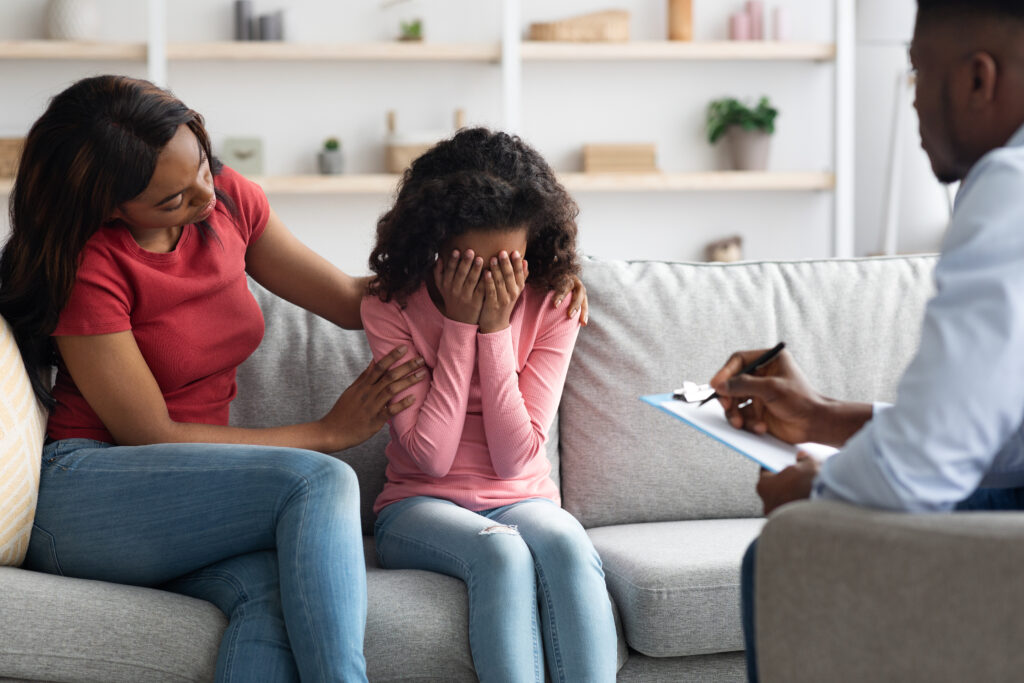
Support For Families Of Addicts
Article content

Helping The Whole Family Heal
Have you ever heard of the phrase, “Addiction is a family disease”? This refers not only to an increased risk of addiction in those with a family history of alcoholism or drug addiction but also to the widespread impact of addiction on the individual and their loved ones. Family members are profoundly impacted by their loved ones’ drug or alcohol use. In fact, so much so that most people who reach out about substance abuse treatment are parents, spouses, or children of addicts. Our Legacy Healing Center locations offer support for families of addicts to aid in their recovery from substance abuse.
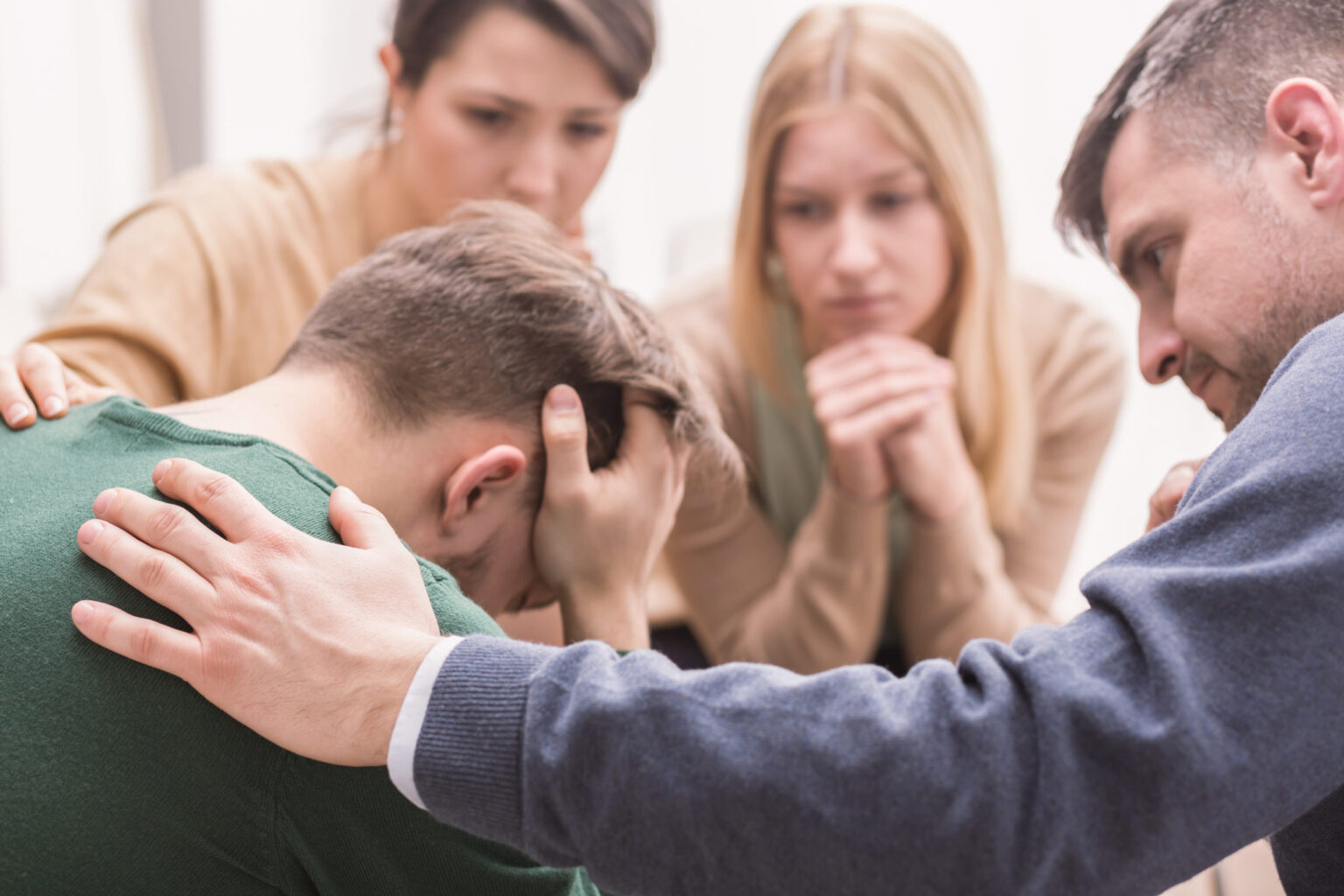
Family Roles in Addiction
In an attempt to cope with an addict’s unpredictable behaviors, family members may adopt certain dysfunctional roles or behavioral patterns. The roles in a family struggling with addiction are:
The addict is the focal point of the family. Whether intentionally or not, family members begin to spend more time and energy coping with the addict – helping, enabling, or covering up their behavior to preserve the status quo. As the addict continues their behavior, family members may take on more roles without realizing it.
The Caretaker: Also known as the enabler, the caretaker often covers and makes excuses for the addict’s problems and responsibilities to keep everyone else happy. The caretaker is also known as the “martyr of the family” because they support the addict, shield the addict from the consequences of their actions, and often sacrifice their wants and needs to care for the addict.
Similar to the caretaker, the hero of the family devotes their time and attention to covering up the addict’s mistakes to maintain the family’s “normal” appearance. The hero is typically portrayed as over-responsible, self-sufficient, or even a perfectionist.
This is the problem child – the opposite of the hero. Through acts of defiance or hostility toward other family members, the scapegoat provokes negative attention that ends up distracting from the addict’s behavior.
Known as the comedian of the group, the mascot often tries to reduce the stress caused by the addict with humor or silliness. He or she feels powerful over what’s happening and aims to prevent any unpleasantness or stress within the family with antics and comedy. However, mascots often put pressure on themselves to ease the tension of the addict’s behavior, which can lead to mental health struggles like anxiety and depression.
The Lost Child: The lost child is the quiet family member who flies under the radar while other members play their own roles in dealing with the addict. The lost child stays out of the way and eventually avoids all interactions and disappears from the spotlight.
These roles perpetuate a dysfunctional family dynamic, which can ultimately damage various relationships within a family, not just those directly linked to the addict. Think hard about your family and whether you and your loved ones have adopted these roles. If so, our support groups for families of addicts can help you heal.
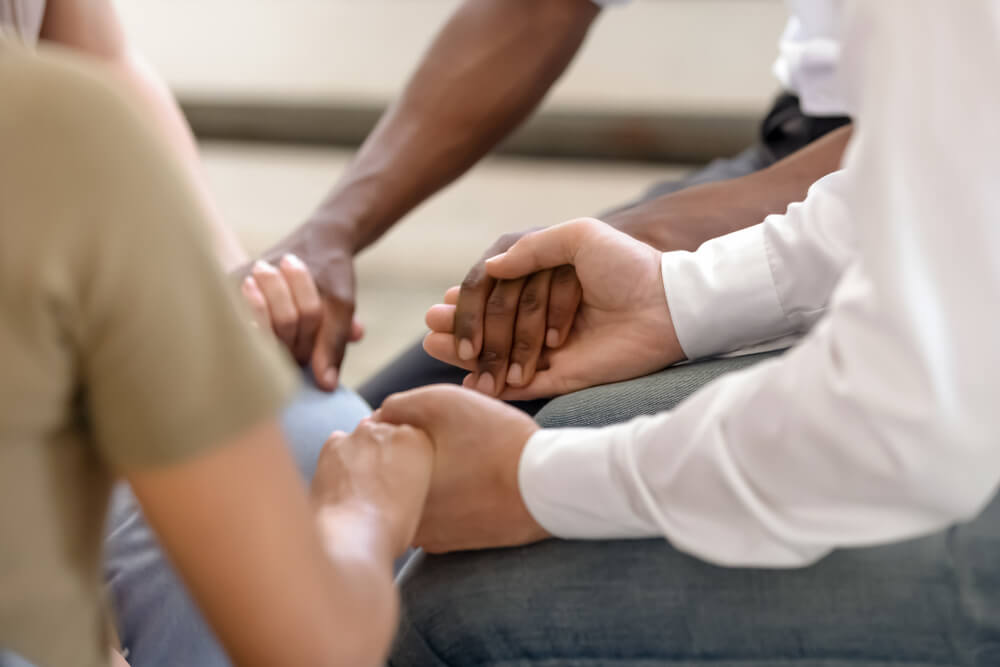
Our Support Groups for Families of Addicts
Our family program for addiction is a form of psychotherapy that can help parents, spouses, and siblings resolve conflicts, rebuild trust, and improve communication under the guidance of a therapist. Our meetings for families of addicts might not always include the addict to allow family members a safe and comfortable space where they can communicate openly about their thoughts and feelings.
These sessions can instead take place while the individual is in an addiction treatment program. During this time, family members spend time learning about addiction and how best to support their loved one. Family members will have the option to meet individually with our therapists to work on personal healing and group sessions with the addict to work on rebuilding their relationship. The goal of therapy is stronger, healthier relationships that can not only withstand the challenges of addiction recovery but also help the individual recover from addiction rather than enable their behavior.
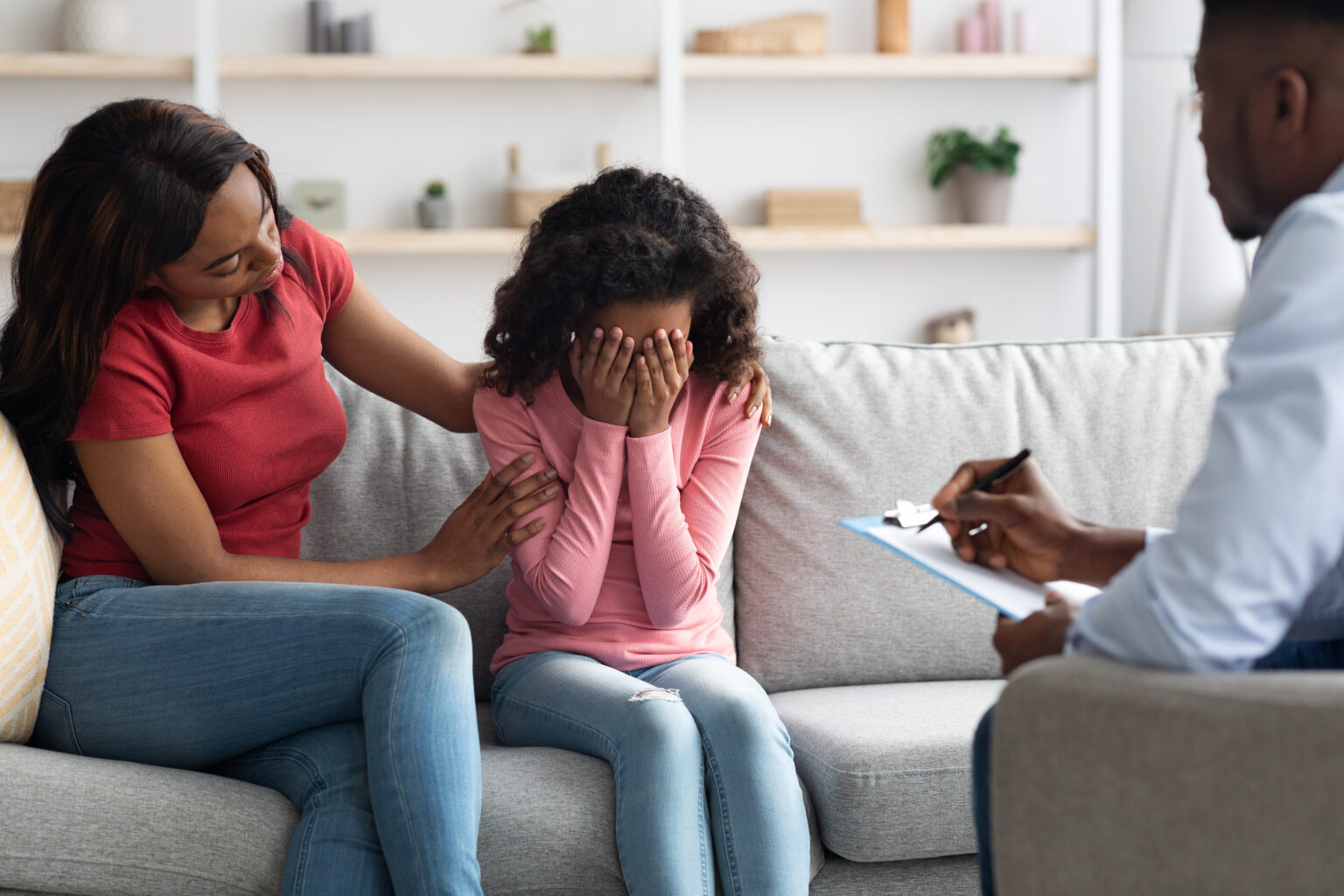
Sober Community
If your family is struggling under the weight of a member’s addiction, Legacy Healing Center offers individual and group support for families of addicts that can help. For more information about our support groups or levels of addiction treatment, contact us today.
GET IN TOUCH
Contact Us
If you would like to get in touch with us or simply have any questions or comments, please call us today. Our helpline if 100% confidential.
Call Us
Email Us
Visit Us
1425 WEST CYPRESS CREEK ROAD, SUITE 201FORT LAUDERDALE, FL 33309
